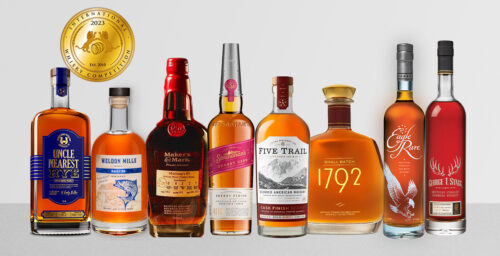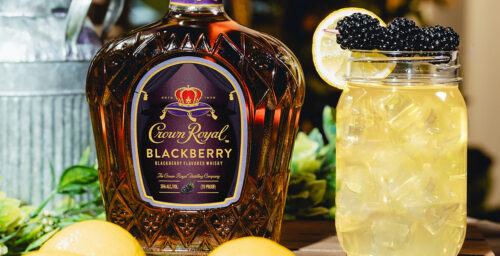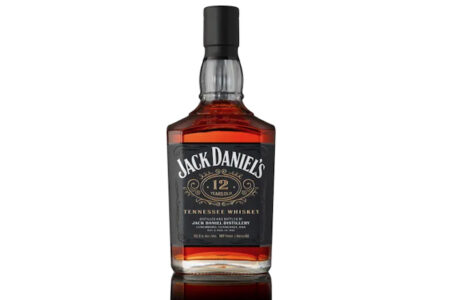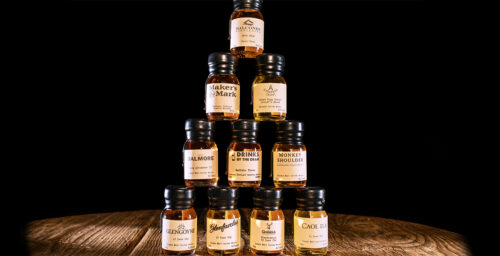Editor’s Note: The Whiskey Wash is pleased to begin sharing with you some columns noted bourbon writer Chuck Cowdery has written over at his site. This are republished with his permission. We start with this one.
A small subset of whiskey enthusiasts are ‘dusty hunters.’ Since whiskey keeps in the bottle indefinitely and some retailers have lax inventory controls, the odd bottle or two can sit on a shelf gathering dust for decades. Often these finds still bear their original price tags.
Dusties are also found at estate sales and in the liquor cabinets, or under the kitchen sinks of elderly relatives after their demise.
Especially prized are bottles believed to have originated at long-closed distilleries. Favorites include Stitzel-Weller in Shively (Louisville), National’s Old Grand-Dad Distillery in Frankfort, and Heaven Hill’s distillery in Bardstown. Some of the best I’ve tasted came from Cummins-Collins in Athertonville.
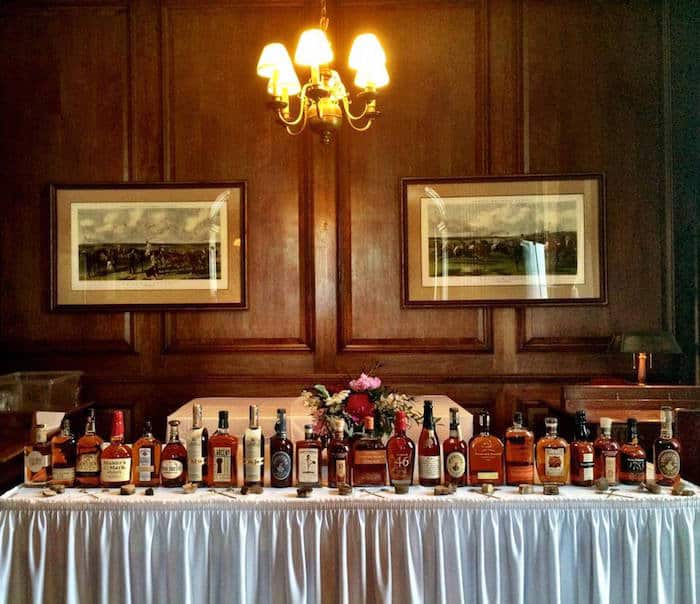
Not surprisingly, some practitioners of this pastime declare these old bottles to be universally better than modern production. It’s all very subjective, of course, as is this:
American whiskey has never been better, more plentiful, nor more diverse than it is now. We’ve never had better access to reliable information about what we’re drinking and prices, all things considered, aren’t bad. Producers large and small are innovating like never before. The Golden Age of American Whiskey? This is it. It’s now. Thank your lucky stars and enjoy it.
That’s not to take anything away from dusty hunting. It’s fun and if you know what you’re doing, some terrific drinks can be had.
What about those older bottles? Are they really better? Here’s the thing. Although dusties can come from any era, a great many were bottled in the 80s and 90s. It just stands to reason that the most plentiful dusties are the most recent ones.
The 80s and 90s are known as the ‘glut period.’ When bourbon sales began to tank in the late 60s, most producers assumed the decline was temporary and would be brief so they didn’t reduce production right away. As sales continued to decline, that excess (most of it still in barrels) continued to grow and move through the pipeline.
By the 1980s, there was so much excess whiskey in storage that producers were routinely bottling 8- to 10-year-old whiskey in their inexpensive mid-range NAS products. If you were drinking bourbon during that period or have had dusties from it, it is easy to reach the conclusion that whiskey then was ‘better.’ That phenomenon had nothing to do with how the whiskey was being distilled or aged, except for the length of aging. And that was unintentional.
And although it was a boon for drinkers, it was horrible for the producers. They were losing money hand over fist.
If we’re suffering from anything now it’s the opposite of that phenomenon, NAS products that are a little too young due to tight supplies of well-aged liquid. That will correct itself in short order, probably.
During the glut period, not a lot of new whiskey was made each year. Distilleries are like furnaces. They don’t have variable speeds, they’re either on or off. Back then, a distillery might operate for two months in each six-month season, four months for the year. Or it might go on hiatus for a year to 18 months. The long layoffs were hard on staff and sitting idle wasn’t very good for the equipment either. I can’t quantify exactly what effect that had on quality, but it can’t have been good.
When your business is bleeding profits, you don’t invest in the future and needed maintenance is delayed. When prices have to be cut, corners are cut too. Nobody enjoys coming to work.
Today, the business is healthy, new distilleries are opening, existing distilleries are investing, and everybody is working. It’s exciting to be part of a robust, dynamic industry. Without question, the Golden Age of bourbon is right now. Enjoy it.

